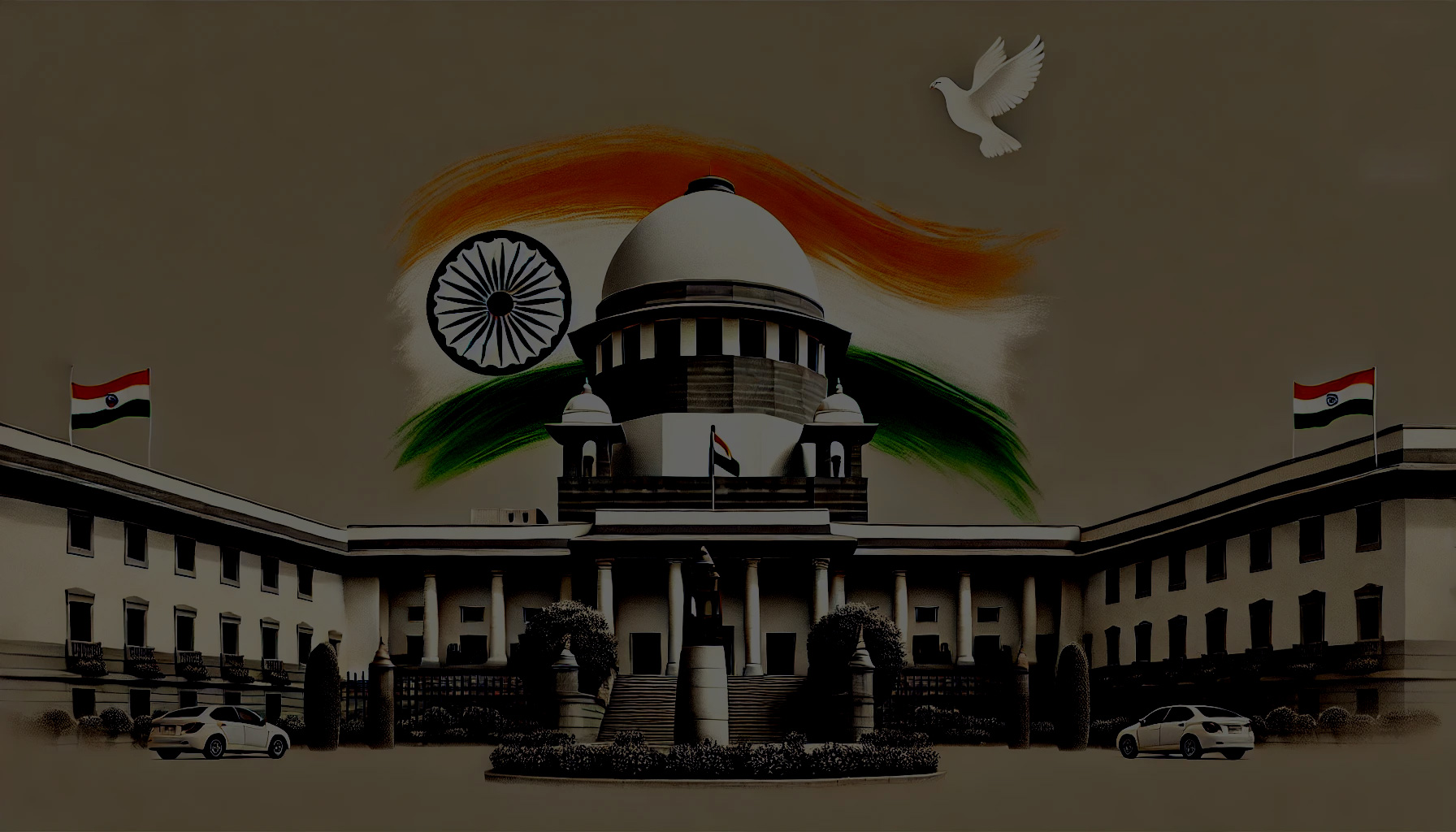The Negotiable Instruments Act, 1881 governs financial instruments such as promissory notes, bills of exchange, and cheques in India. One of the most critical aspects of this law is addressing situations where a cheque is dishonored, commonly referred to as a “cheque bounce.” Advocate Mr. Purushottam Tiwari is highly experienced in handling cases related to cheque dishonor and provides expert legal counsel to both payees and drawers in such matters.
Key Aspects of Cheque Bounce Cases under the Negotiable Instruments Act:
Section 138 – Offense of Dishonor of Cheque
Section 138 of the Negotiable Instruments Act addresses the offense of dishonor of a cheque due to insufficient funds or if the amount exceeds the financial arrangement in the drawer’s account. Advocate Mr. Tiwari offers expert representation to individuals or businesses facing charges under Section 138, as well as those seeking to recover dues from a dishonored cheque. His expertise ensures that clients navigate the complexities of this law effectively and with the best possible outcome.
Penalties for Dishonored Cheques
The consequences of a dishonored cheque under Section 138 can be severe. Upon conviction, the drawer (the person who issued the cheque) can face imprisonment for up to two years or a fine that may extend to twice the amount of the cheque, or both. Advocate Mr. Tiwari ensures that his clients are fully aware of the potential legal repercussions and provides robust defense strategies for those accused of issuing dishonored cheques.
Compounding of Offense
Section 138 offenses are compoundable, meaning that both parties—the payee (the person to whom the cheque is issued) and the drawer—can reach a compromise to settle the matter out of court. Advocate Mr. Tiwari excels in negotiating settlements between the involved parties, enabling a swift and amicable resolution. His approach minimizes the stress and expense of prolonged litigation while ensuring that the interests of his clients are protected.
Key Supporting Sections
Several other provisions of the Negotiable Instruments Act are essential in cheque bounce cases. For instance:
- Section 139 establishes a presumption in favor of the holder, meaning that unless proven otherwise, the law assumes that the cheque was issued for a valid debt or liability.
- Section 142 lays down the procedure for taking cognizance of the offense, dictating how complaints related to cheque dishonor should be filed and handled.
Advocate Mr. Tiwari’s comprehensive understanding of these sections allows him to craft effective legal strategies that ensure his clients’ rights are upheld, whether they are seeking to recover funds or defending against allegations of cheque dishonor.
Legal Procedures and Representation
When a cheque is dishonored, the legal procedure to initiate action under Section 138 begins with issuing a demand notice to the drawer, giving them a stipulated time to make the payment. If the drawer fails to comply, a criminal complaint can be filed. Advocate Mr. Tiwari assists clients in drafting and serving legally sound notices and represents them throughout the entire legal process—from filing the complaint to representing them in court hearings.
Advisory Services for Businesses
Mr. Tiwari also provides advisory services to businesses, helping them manage their financial transactions and mitigate the risks associated with cheque dishonor. His in-depth understanding of the Negotiable Instruments Act helps businesses enforce financial discipline while also protecting their legal interests in case of a cheque bounce.
Advocate Mr. Purushottam Tiwari is dedicated to providing expert legal assistance in cases involving cheque dishonor under the Negotiable Instruments Act. Whether you are a business seeking to recover dues or an individual defending against Section 138 charges, Mr. Tiwari’s extensive knowledge and experience in handling cheque bounce cases ensures that your legal matters are handled with the utmost professionalism and efficiency.




